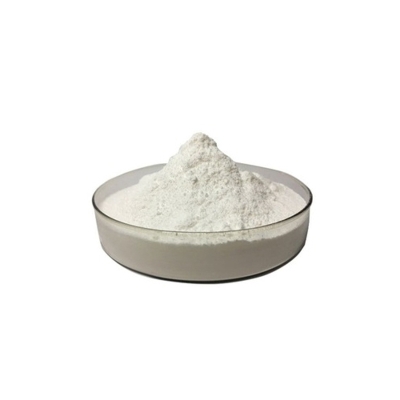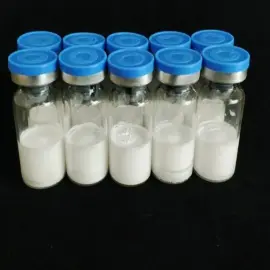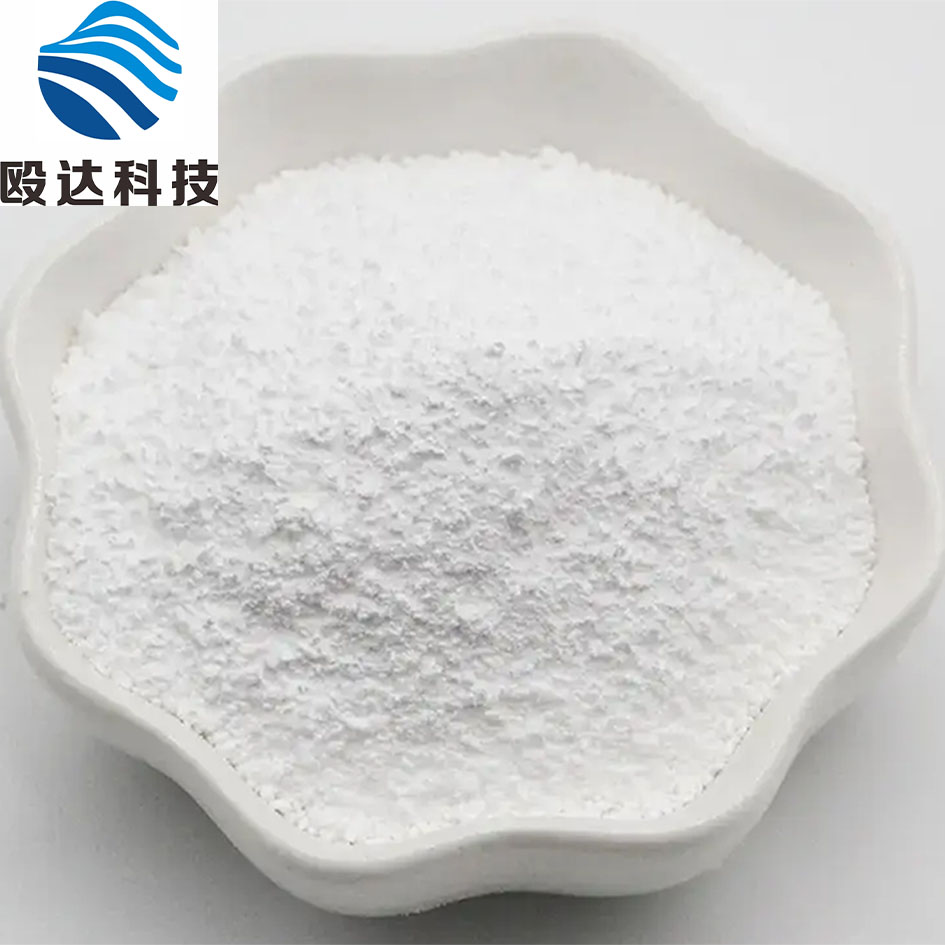New RNA interference reagent can be used to treat ocular inflammation
-
Last Update: 2017-02-16
-
Source: Internet
-
Author: User
Search more information of high quality chemicals, good prices and reliable suppliers, visit
www.echemi.com
Inflammation plays a central role in visual threatening eye diseases such as age-related macular degeneration and diabetic retinopathy More commonly, it causes uveitis or uveitis Uveitis causes redness, pain and blurred vision and requires urgent treatment to prevent complications, including blindness The common treatment of uveitis is the use of anti-inflammatory steroid eye drops Steroid pills and even injections may be needed in severe cases However, long-term steroid use can cause systemic and ocular side effects, including hypertension and glaucoma, respectively Researchers led by Susumu Ishida and atsuhiro Kanda of the Graduate School of medicine of Hokkaido University have shown that the activation of receptor related adrenergic system (RAPS) is involved in the pathogenesis of uveitis It has been shown that raps is involved in the pathogenesis of various vascular abnormalities such as inflammation and pathological angiogenesis Therefore, drugs targeting raps (http:// can have beneficial effects on various vascular diseases, including uveitis and diabetic retinopathy Ishida's team showed a significant increase in rap activated (pro) renin receptor molecules in vitreous fluid from 22 patients with uveitis compared to the normal controls In addition, there was a positive correlation between the increase in the soluble form of the (pro) renin receptor and monocyte chemoattractant protein-1 (known inflammatory mediators in uveitis and diabetic retinopathy) The researchers then developed a new single stranded RNA interference (RNAi) reagent (http:// proline modified short hairpin RNA (pshrna), which suppresses gene expression by using cell systems The team designed a psrna reagent that selectively targets a common sequence of the human and mouse (proto) renin receptor genes They were injected into the eyes of mice after testing the inhibitory effect of psrna reagents on cultured cells The results show that the new molecule is safe and effective.
This article is an English version of an article which is originally in the Chinese language on echemi.com and is provided for information purposes only.
This website makes no representation or warranty of any kind, either expressed or implied, as to the accuracy, completeness ownership or reliability of
the article or any translations thereof. If you have any concerns or complaints relating to the article, please send an email, providing a detailed
description of the concern or complaint, to
service@echemi.com. A staff member will contact you within 5 working days. Once verified, infringing content
will be removed immediately.







